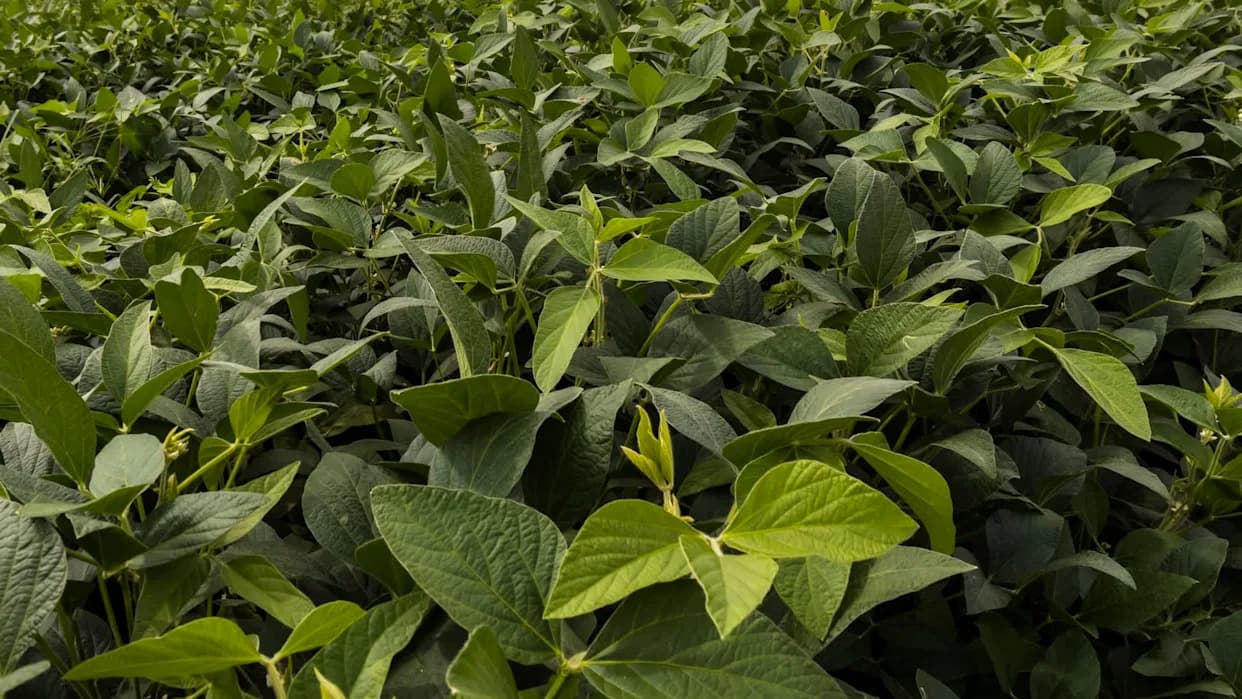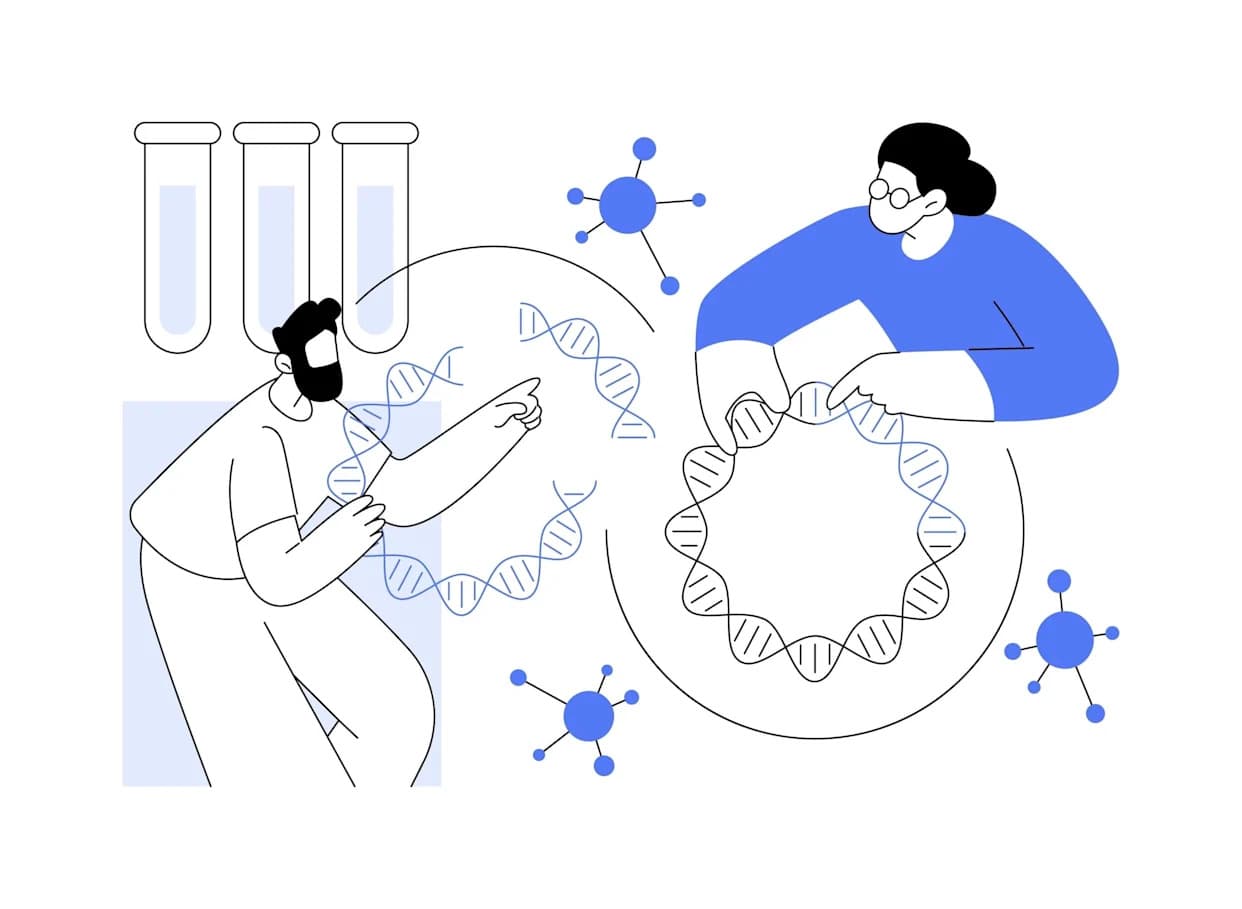Scientists at the University of Sheffield are studying Lateral Gene Transfer (LGT), the natural process by which plants can pick up useful genes from other species. The team will investigate how LGT occurs, how often it happens and where transferred genes integrate. Insights could help accelerate the development of climate-resilient crops, complementing other research into ancient plant DNA, cold-resistance traits and moss-derived disease defenses. Any real-world applications would require extensive testing and oversight.
Researchers Probe Plant Gene Transfer to Help Safeguard Global Food Supplies

Researchers probe plant gene transfer to help safeguard global food supplies
A warming planet is increasing pressure on agriculture worldwide, so scientists at the University of Sheffield have launched a study into natural genetic engineering to better understand how plants adapt to changing environments.
The project, announced in late September, focuses on Lateral Gene Transfer (LGT) — the natural process by which plants may acquire beneficial genes from other species. While LGT is well documented in bacteria (for example, in the spread of antibiotic resistance), its mechanisms and frequency in plants are far less understood. The Sheffield team aims to map how LGT occurs, how often it happens, and where incoming genes become integrated into plant genomes.
Understanding these processes could help scientists and breeders develop crops that are more resilient to climate-driven threats such as drought, heat waves and flooding. Extreme weather events — from prolonged dry spells to severe floods — are already disrupting harvests, driving up food prices, and threatening staples like bananas and coffee.
'If we can uncover how plants share and integrate genes, we can better understand how crops like wheat and maize adapt — knowledge that could ultimately help ensure stable food supplies in the face of climate change,' said Luke Dunning of Sheffield's School of Biosciences.
The researchers are concentrating on three core questions:
- Mechanism: By what biological processes does LGT occur in plants?
- Frequency: How often do meaningful gene transfers happen in natural settings?
- Integration: Where and how are transferred genes incorporated and expressed in recipient genomes?
Answers could accelerate the development of climate-resilient crops and complement broader efforts to strengthen global food systems. Complementary studies already explore related avenues: the Ancient Environmental Genomics Initiative for Sustainability examines how plant DNA responded to past climate change, other teams are investigating cold-resistance traits to enable out-of-season growing, and mosses are being studied as a potential source of disease-resistance traits transferable across species.
These lines of research remain foundational: any practical applications would require rigorous testing, regulatory review and ethical consideration. Meanwhile, individuals can help reduce pressure on food systems by growing some of their own produce where feasible and incorporating more plant-based foods into their diets to lower environmental impacts.
Help us improve.


































